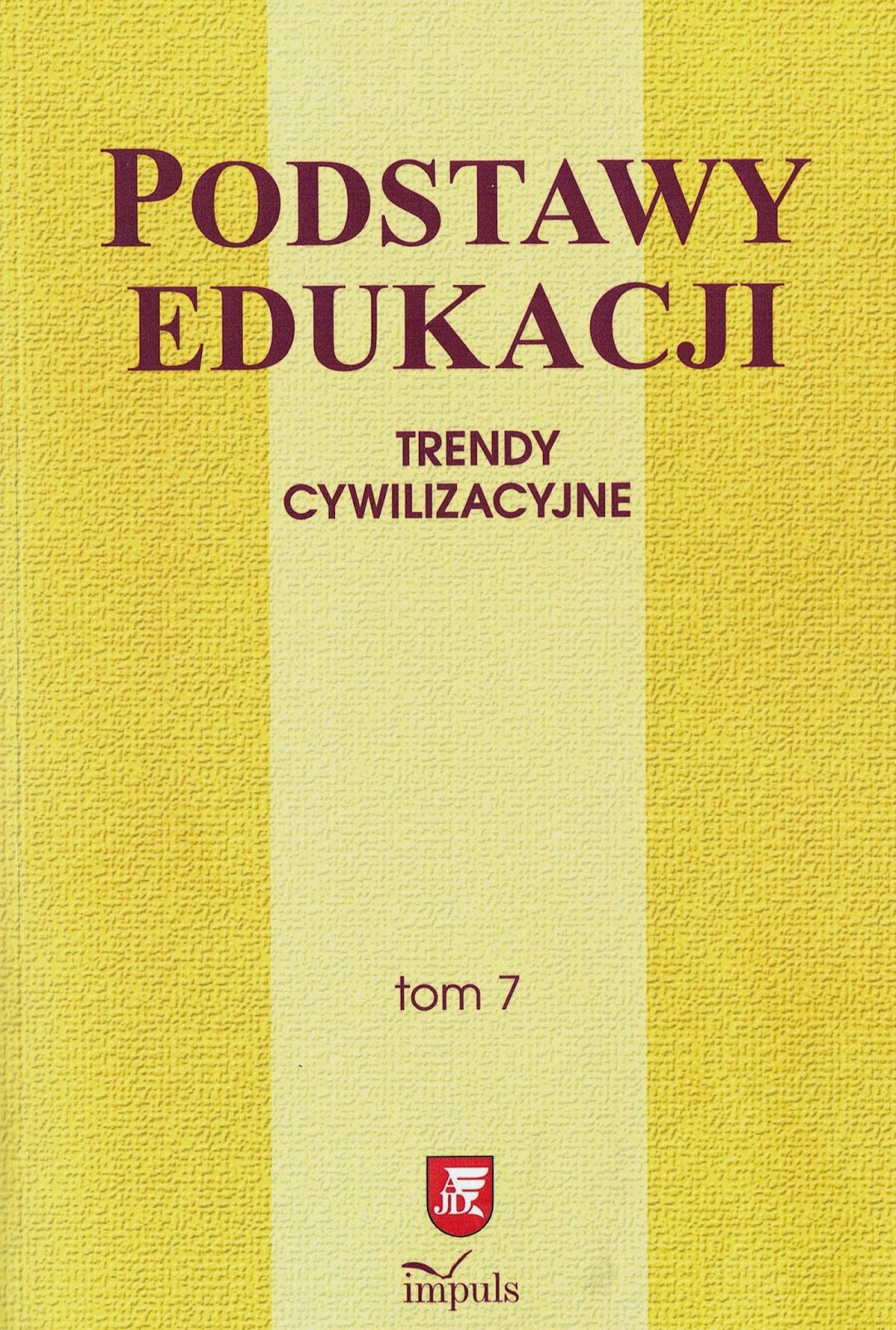Abstract
Behind the apparent diversity of life lies life’s common sense of kindness and belonging. To be effective education must adapt itself to express the unity. This cannot be done by simply upgrading our technology or adding names to our social networking accounts. All of our advances in technology will prove fatal to us in the end unless we achieve a corresponding advance in what Albert Schweitzer called „reverence for life”. We need a radically different approach. We’re proposing that hidden in children’s original play is a code of kindness that can not only change our minds about separation and conflict but change our brains and our behavior. The stunning message of scientists and mystics is that we are predisposed to recognize our sense of unity. Yet while many scientists and sages acknowledge that a sustaining pattern of unity exists in life, they haven’t known how to develop it. The purpose of this article is threefold. First, we suggest that life has an internal and universal code of kindness that replaces the contest mindset with a playful brain. Second, children’s original play actualizes this code of kindness. Third, this code of kindness can be nurtured and cultivated into an active form of compassion providing a practical, systematic, and universally applicable alternative for education. Fortunately this pattern can be discovered and experienced by us. Consistent with recent findings in neuroscience our play with children and animals has provided a wealth of anecdotal and empirical data demonstrating that original play is a simple, inherent, and practical relationship that decreases fear and aggressive behavior and replaces these feelings and actions with wisdom and compassion. Original play’s „remapping” enables the brain to process information much differently than in contest consciousness, rechanneling fearful, aggressive energies toward compassion. Original play taps into implicit, hard-wired capacities of our native intelligence and in the process destructures, deprograms and deconditions fear, while strengthening specific neurological circuits that generate peacefulness, awareness, and compassion.
References
Austin, J.H. (1998). Zen and the Brain. Cambridge, MA.
Austin, J.H. (2006). Zen-Brain Reflections. Cambridge, MA.
Austin, J.H. (2009). Selfl ess Insight. Cambridge, MA.
Davidson, R.J., Harrington, A. (2002). Visions of Compassion. London.
Ekman, P. (2008). Emotional Awareness. New York.
Franck, F. (1959). My Days with Albert Schweitzer. London.
Hayward, J.W., Varela, F.J. (2001). Gentle Bridges: Conversations with the Dalai Lama on the Sciences of the Mind. Boston, MA.
H.H. The Dalai Lama, Chan, V. (2004). The Wisdom of Forgiveness. London.
Goleman, D. (2003). Destructive Emotions. London.
Goleman, D. (2006). Social Intelligence. New York.
Harrington, A., Zajonc, A. (eds.) (2006). The Dalai Lama at MIT. Cambridge, MA.
Iacobini, M. (2009). Mirroring People. London.
Ladinsky, D. (2003). The Subject Tonight Is Love. New York.
Lipton, B. (2005). The Biology of Belief. Santa Rosa, CA.
Lorimer, D. (1990). Whole in One. London.
Martel, Y. (2005). Cover of J. Korczak. King Matt the First. London.
Newberg, A. (2001). Why God Won’t Go Away. New York.
Newberg, A., Waldman, M.R. (2009). How God Changes Your Brain. New York.
Pfaff, D.W. (2007). The Neuroscience of Fair Play. New York.
Ramachandran, V.S. (2011). The Tell-Tale Brain. New York.
Schwartz, J.M., Begley, S. (2002). The Mind and the Brain. New York.
Siegel, D.J. (2007). The Mindful Brain. New York.
Strogatz, S. (2003). Sync. New York.
Tutu, archbishop Desmond. (2010). Made for Goodness. New York.
Wilber, K. (1991). Grace and Grit. Boston, MA.
Weber, R. (1986). Dialogues with Scientists and Sages. London.
I am aware that the journal is published under the Creative Commons Attribution License (https://creativecommons.org/licenses/by/4.0/legalcode).
By submitting an article, I agree to make it available under this license.
